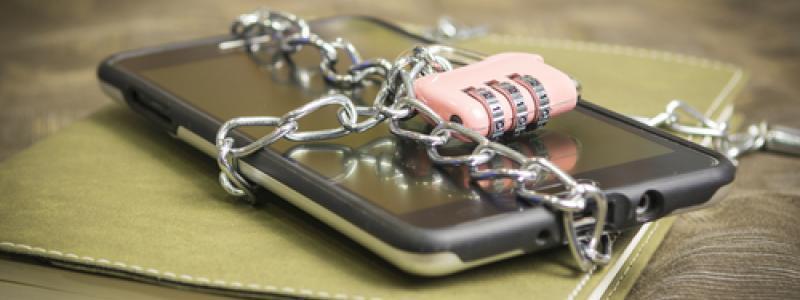Proposed Encryption Bill Would Force Tech Companies To Hand Over Data

Apple may have gotten away with not helping the Federal Bureau of Investigation (FBI) unlock a certain iPhone 5c unit owned by a terrorist involved in last December’s attack in San Bernardino in California. However, a couple of United States senators (Republican Richard Burr of North Carolina, and Democrat Dianne Feinstein of California) are working on an official draft of a proposed bill that would have tech companies like the iPhone maker surrender unencrypted data over to authorities. If this is not possible, the companies will be forced to provide technical assistance in order to gain access to the information saved on mobile devices. Interestingly, this is what the US Department of Justice is trying to get Apple to do with regards to case involving an encrypted iPhone device in New York.
Apple would not be the only company facing the music. WhatsApp might also be in the hot seat, especially considering that the chat messaging company has just deployed encryption on all its features earlier this week, and for good measure, made sure that absolutely has no access the unencrypted messages that it could hand over.
To be clear about it, the bill drafted by Burr and Feinstein does not explicitly ban tech companies from developing encryption technology like the one built by WhatsApp. But as stressed by Burr, no individual or business entity should be above the law. The draft was reported by Washington DC based news source The Hill, and even though it has not been made official yet, it is sure to add fuel to the fiery debates concerning respecting individual privacy versus ensuring national security.
Like any other proposed law, the bill has its detractors. Darrell Issa, a Republican Congressman from California, has called the unofficial draft flawed, even technically naive. As explained by Issa, if passed, the bill would essentially discourage tech companies from boosting their encryption protocols, defeating the purpose of data protection in the first place.
This sentiment was echoed by the American Civil Liberties Union. As stated by the organization’s legislative counsel, Neema Singh Guliani, the bill would basically compel companies to intentionally relax the security measures on their products because they will have to have a backdoor hack ready anytime the law calls upon them to decrypt their own devices.
We now live in a world where almost everything revolves around our use of mobile devices. Encryption came to be because people are saving more and more private information into their smartphone and tablet devices. With this proposed bill, however, the future of data encryption could be in jeopardy.
Related Blog Articles
- So How Is The Apple Watch Doing So Far?
- HTC 10 Smartphone To Be Offered By Verizon, T-Mobile and Sprint; But Not By AT&T
- Wells Fargo: T-Mobile Only Major Network To Register Postpaid Net Phone Gains In 1st Quarter
- Google, Facebook Test Separate Potentially Game-Changing Broadband Technologies
- Apple: iPhone Hacking Is Proof That FBI Never Needed Apple’s Help In The First Place
- Verizon’s Chances Of Acquiring Yahoo Get A Boost
- Viber Is Latest To Go For Total Encryption
- New Study: More And More Users Giving Up Home Internet In Favor Of Mobile Data
- Microsoft’s Mobile Division Did Not Have A Good First Quarter This Year
- Qualcomm: USB Type-C And Quick Charge Technology Can Co-Exist


 Menu
Menu